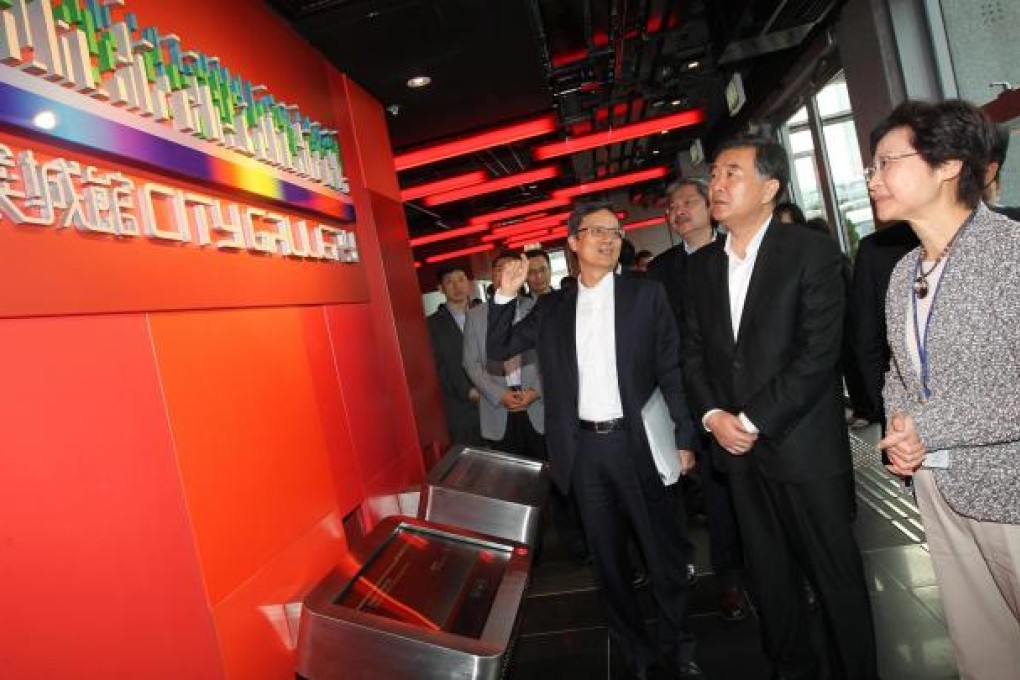China authorities pushing happiness amid rising discontent
Amid rising discontent, authorities are pushing the feel-good factor, and one city reports that 95.9pc of residents are content with their lot

With dissatisfaction growing over corruption, inequality, food safety and numerous other social problems, mainland authorities are shifting their focus from economics to emotions.
Simply put, they want everyone to be happy.
From Beijing to Ningxia, local, provincial and regional leaders have been setting up "happiness indexes" or otherwise tailoring programmes, projects and policies to increase people's satisfaction with their lives, as well as, of course, with the government.
Eighteen provinces and more than 100 cities have jumped on the happiness bandwagon in recent years, according to a report in Beijing News last week.
The campaign has helped the Communist Party set the stage for its 18th national congress, which opens this week amid increased incidents of social unrest.
While most analysts welcome the increased focus on people's welfare, some caution that happiness is hard to measure and suggest the party would be better off advancing concrete policies for social change.